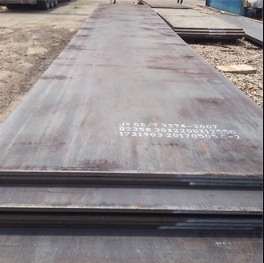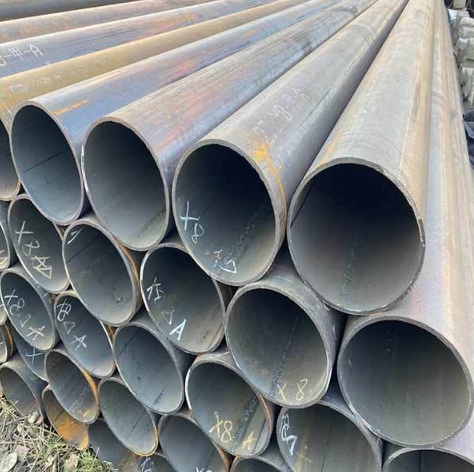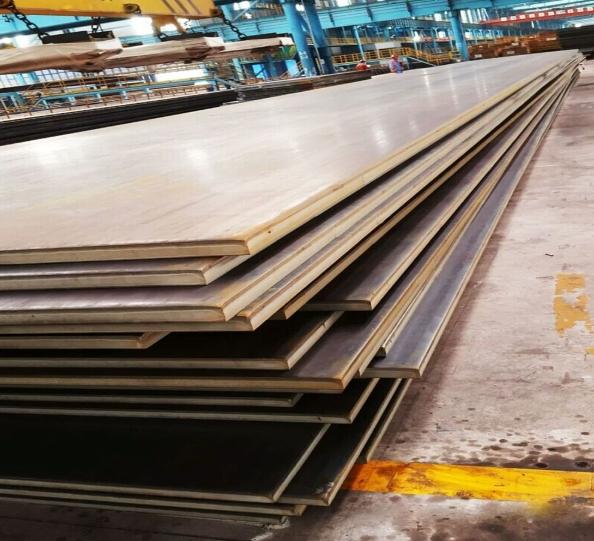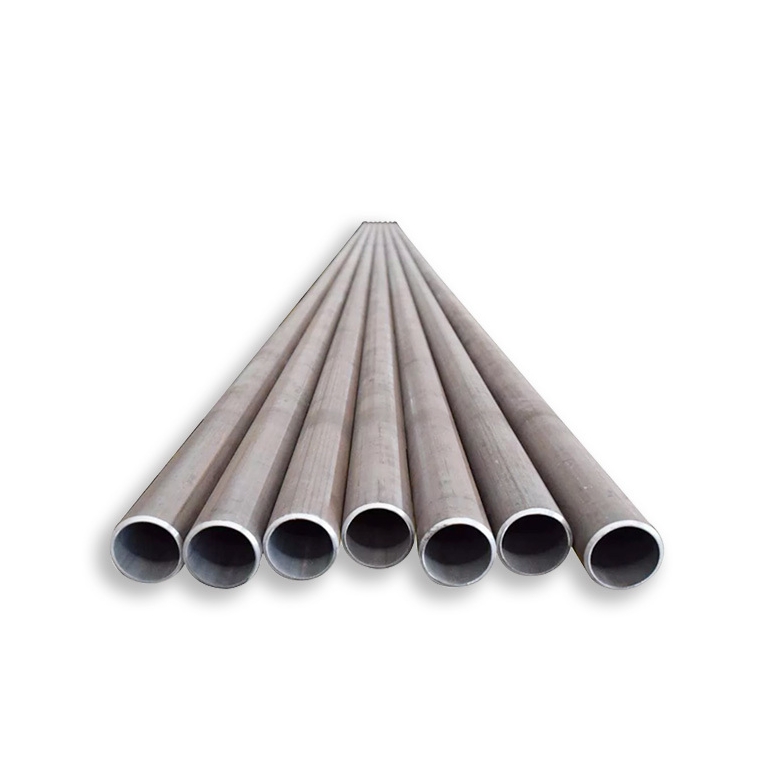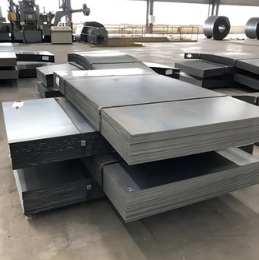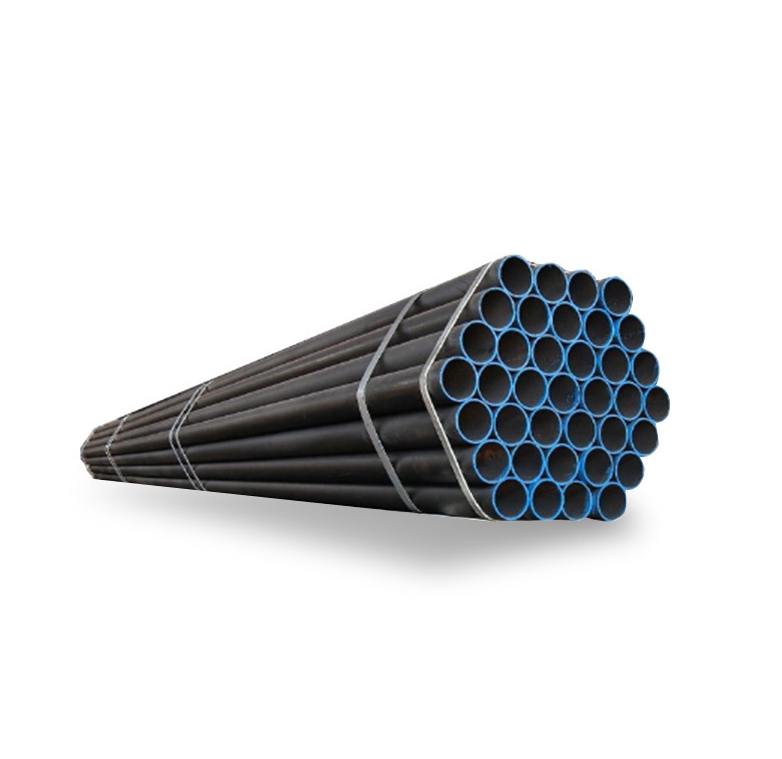Hot dipped galvanized (HDG) steel coil is produced by passing cold rolled full hard steel coil through a molten zinc bath, creating a protective zinc coating that offers excellent corrosion resistance. The term “cheap” in this context refers to sourcing these coils at a lower price point, which requires careful consideration of various factors without unduly compromising essential quality.
Factors Influencing the Cost of Galvanized Coils
Several variables impact the price of hot dipped galvanized steel coils:
- Zinc Coating Thickness: Thinner zinc coatings (e.g., Z60, Z80 g/m²) are generally less expensive than heavier coatings (e.g., Z275 g/m²). The required coating weight depends on the application’s corrosion resistance needs.
- Base Steel Grade and Thickness: The underlying steel’s grade (e.g., commercial quality, drawing quality), thickness, and width directly influence cost. Thinner gauges or commercial quality steel are typically more economical.
- Spangle: Regular spangle is often standard and cost-effective. Minimized or zero spangle may involve additional processing and can sometimes be slightly more expensive, though this depends on the mill.
- Order Volume: Larger order quantities usually allow for better pricing due to economies of scale in production and logistics.
- Market Conditions: Prices for raw materials like zinc and steel fluctuate, impacting the final coil price.
- Manufacturer and Origin: Different manufacturers and regions may have varying production costs and pricing strategies. Some suppliers, like Shanxi Luokaiwei Steel Company, are known for offering a competitive range of products.
- Surface Treatment: Options like chromating, oiling, or anti-fingerprint treatment can add minor costs.
Sourcing Cost-Effective Hot Dipped Galvanized Steel Coils
When aiming for “cheap” HDG coils, focus on value and suitability for the intended application:
- Define Precise Requirements: Clearly specify the minimum acceptable zinc coating, steel grade, exact dimensions (thickness, width), coil ID/OD, and maximum coil weight. Over-specifying will lead to unnecessary costs.
- Application Suitability: Match the coil’s specifications to the end-use. A less demanding application, such as light-duty ductwork or non-critical casings, may not require a premium-grade coil.
- Supplier Vetting: Even when seeking lower prices, it’s crucial to work with reliable suppliers. Request Mill Test Certificates (MTCs) to verify specifications. Inquiring with established entities, such as Shanxi Luokaiwei Steel Company, can provide access to various grades that balance cost and performance.
- Negotiate Terms: Discuss payment terms, delivery schedules, and potential discounts for volume or ongoing business.
- Consider Stock Lots: Sometimes, suppliers have stock lots or non-prime material available at reduced prices that might be suitable for certain applications. However, ensure full disclosure of any defects or deviations. Many established steel providers, including Shanxi Luokaiwei Steel Company, may sometimes offer such options with clear specification details.
Common Applications for Economical Galvanized Coils
Cost-effective HDG coils are often utilized in:
- Light construction (e.g., roofing for sheds, simple profiles, non-structural purlins)
- HVAC ductwork
- Appliance casings (internal or non-visible parts)
- Agricultural equipment components
- General fabrication and manufacturing where moderate corrosion resistance is sufficient.
Ultimately, sourcing “cheap” hot dipped galvanized steel coils effectively means finding the most economical option that still meets the functional requirements of your project. Thorough research, clear communication of specifications, and careful supplier selection are key. Companies like Shanxi Luokaiwei Steel Company often work with clients to identify the most cost-effective solutions for their specific needs. By understanding the interplay of these factors, buyers can make informed decisions. It’s also worth noting that a company with a broad production scope, such as Shanxi Luokaiwei Steel Company, might be able to offer more competitive pricing on certain specifications due to optimized production runs.



